Malnutrition
More than 232 million children around the world last year suffered from malnutrition. It is the underlying contributing factor in nearly half of the deaths of children under five years of age.
90% of our funding comes from individual donors. Learn how you can support MSF’s lifesaving care with a gift.
Learn about the diseases we treat and medical services we provide.
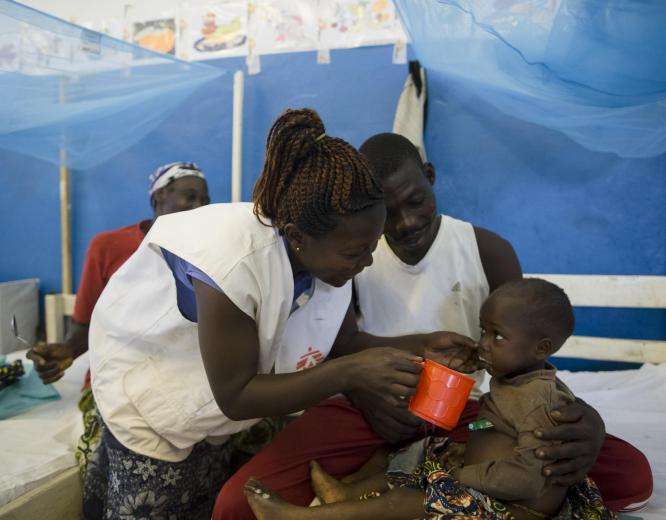
More than 232 million children around the world last year suffered from malnutrition. It is the underlying contributing factor in nearly half of the deaths of children under five years of age.
Unsafe abortion is one of the main causes of maternal death globally, and the only one that is almost entirely preventable.
Read More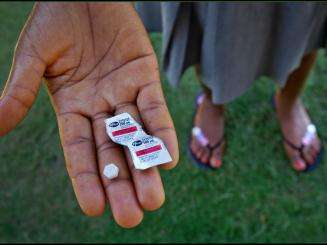
Today, one fourth of the world's population lacks access to essential medicines. In the poorest parts of Africa and Asia this figure rises to half of the population.
Read More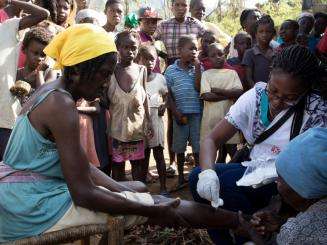
Resistance to antimicrobial medicines, such as antibiotics, has become a global health crisis, complicating the treatment of bacterial infections and endangering lives around the world.
Read More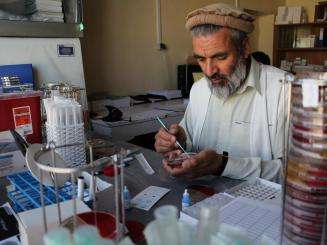
Cholera is preventable and easily treated, yet it infects millions of people each year and causes up to 143,000 deaths worldwide.
Read More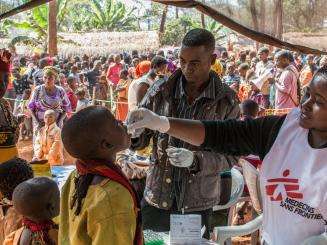
MSF works around the world to combat COVID-19 and adapt our programs so we can continue safely providing essential care.
Read More
An estimated 422 million people around the world have diabetes. The majority are in low- and middle-income countries, where access to affordable treatment is extremely limited—putting lives on the line.
Read More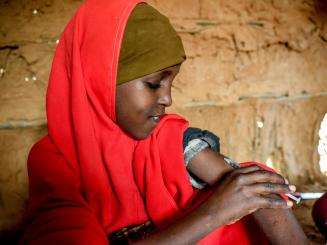
Ebola is rare but deadly, spreading fear and panic. Caring for infected patients and affected communities is crucial for a response to be effective.
Read More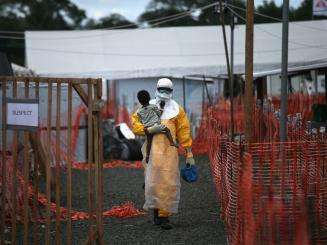
Nearly 700,000 people died from HIV-related causes, while 1.5 million people became newly infected with the HIV virus in 2020.
Read More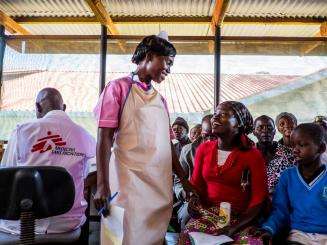
Kala azar, or visceral leishmaniasis, is the second deadliest parasitic disease in the world—only malaria kills more people.
Read More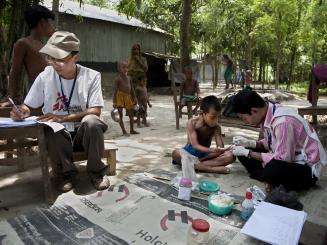
Malaria is the world’s most deadly parasite, killing hundreds of thousands each year—the vast majority in Africa.
Read More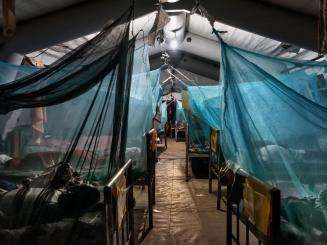
More than 232 million children around the world last year suffered from malnutrition. It is the underlying contributing factor in nearly half of the deaths of children under five years of age.
Read More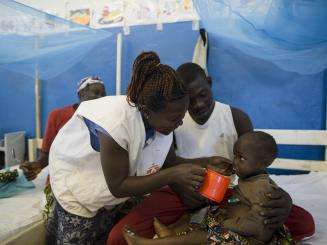
An estimated 99 percent of women who die in childbirth or from pregnancy-related complications live in developing countries. Most of these deaths are preventable.
Read More
Measles remains a leading killer of young children in parts of the world, even though an effective, low-cost vaccine has been available for decades.
Read More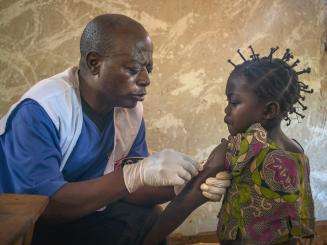
Meningococcal meningitis is a highly contagious bacterial from of meningitis—a serious inflammation of the meninges—the thin lining that surrounds the brain and spinal cord.
Read More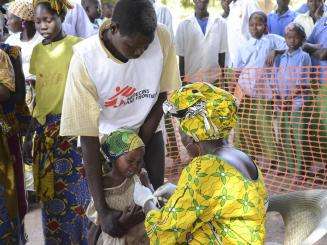
Where we work, we may see people with a mental illness or confronting distressing situations, such as violence, loss, or displacement. Mental health support can be crucial to help people cope.
Read Morea659.jpg)
Mpox, formerly known as monkeypox, is a contagious viral disease that can be especially serious for children, pregnant women, and people with weakened immune systems. Increased access to vaccines is critical to prevent its spread.
Read More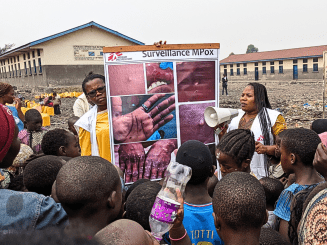
Obstetric fistula is a preventable but devastating injury that can affect women living in poor, remote areas without access to skilled maternal care.
Read More
Sexual violence is a medical emergency, but there is often a dire lack of health care services for victims.
Read More
This neglected tropical disease, also known as Human African trypanosomiasis, puts 65 million people at risk across sub-Saharan Africa.
Read More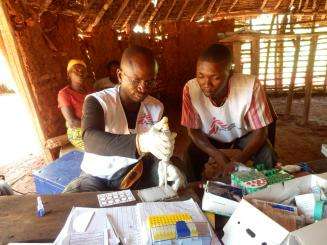
Tuberculosis is the world’s leading infectious disease killer, accounting for 1.5 million deaths worldwide each year.
Read More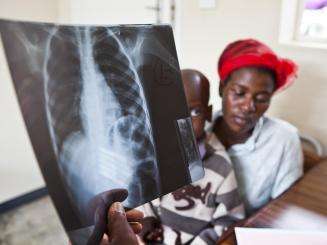
Vaccines are one of the most effective public health interventions available, but at least 1.5 million children still die each year from vaccine-preventable diseases.
Read More_0f467.jpg)
One shot of a vaccine gives long-lasting immunity, but low coverage in parts of the world leads to periodic epidemics.
Read More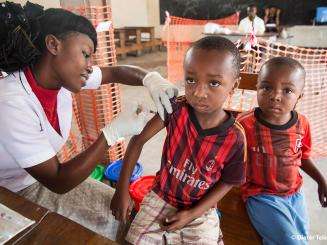
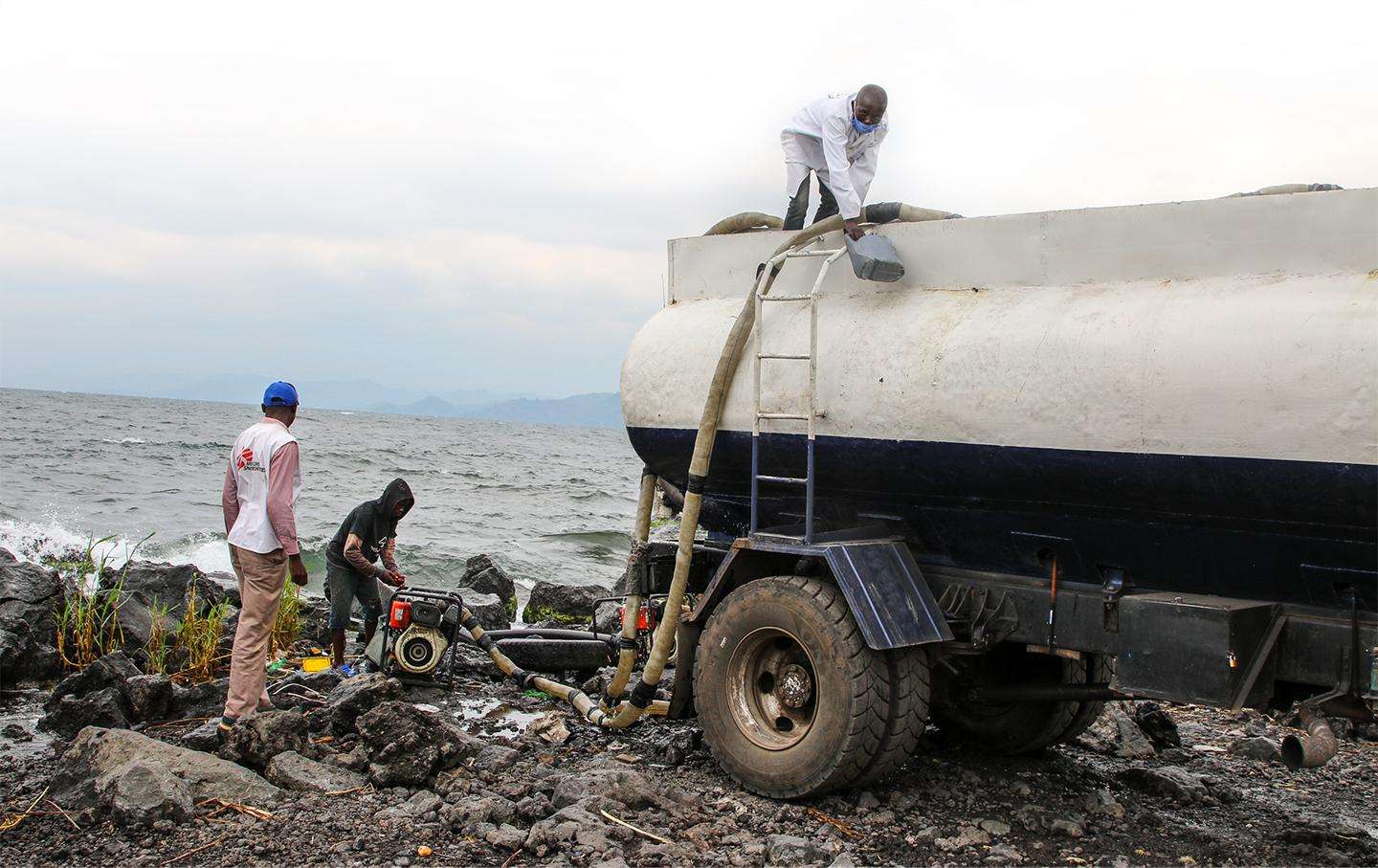
Your unrestricted gifts enable us to provide lifesaving medical humanitarian care on the ground and speak out about what we see.
© Médecins Sans Frontières 2024 Federal tax ID#: 13-3433452
Unrestricted donations enable MSF to carry out our programs around the world. While we try to honor requests to earmark, should we receive more gifts than we can use for a program, we will reallocate them where the needs are greatest.
For Donors
For Supporters
For Media
For Recruits
General Interest
© Médecins Sans Frontières 2024 Federal tax ID#: 13-3433452
Unrestricted donations enable MSF to carry out our programs around the world. While we try to honor requests to earmark, should we receive more gifts than we can use for a program, we will reallocate them where the needs are greatest.
Your gift helps us provide medical humanitarian aid for hundreds of thousands of people each year.
Learn more87%
Programs
12%
Fundraising
1%
Management & General Admin
